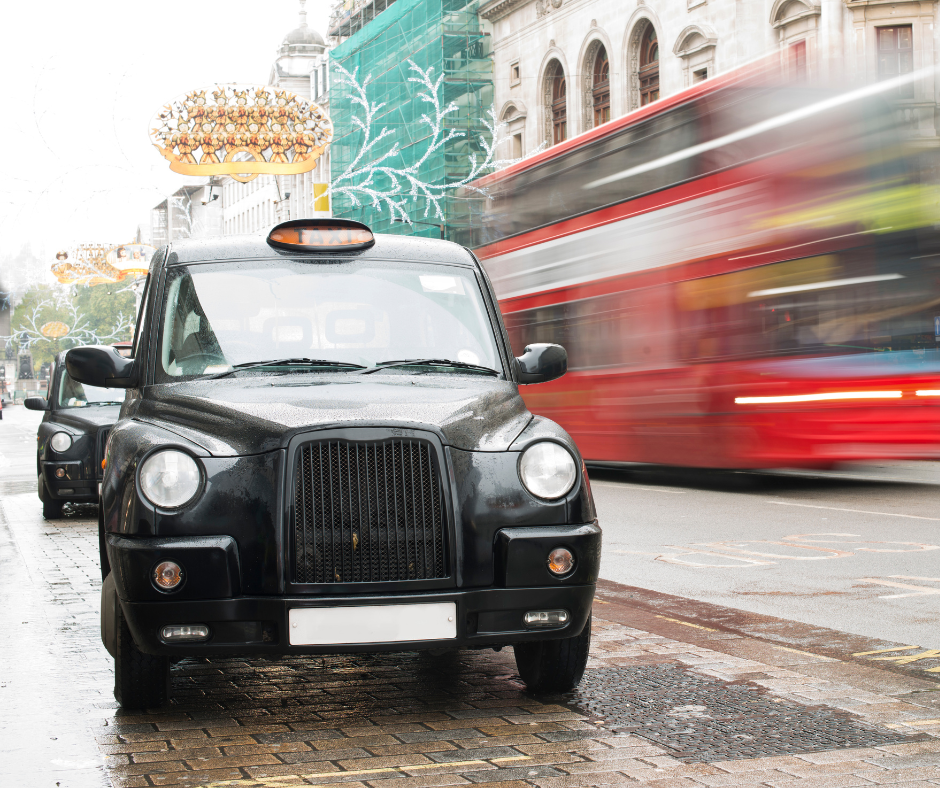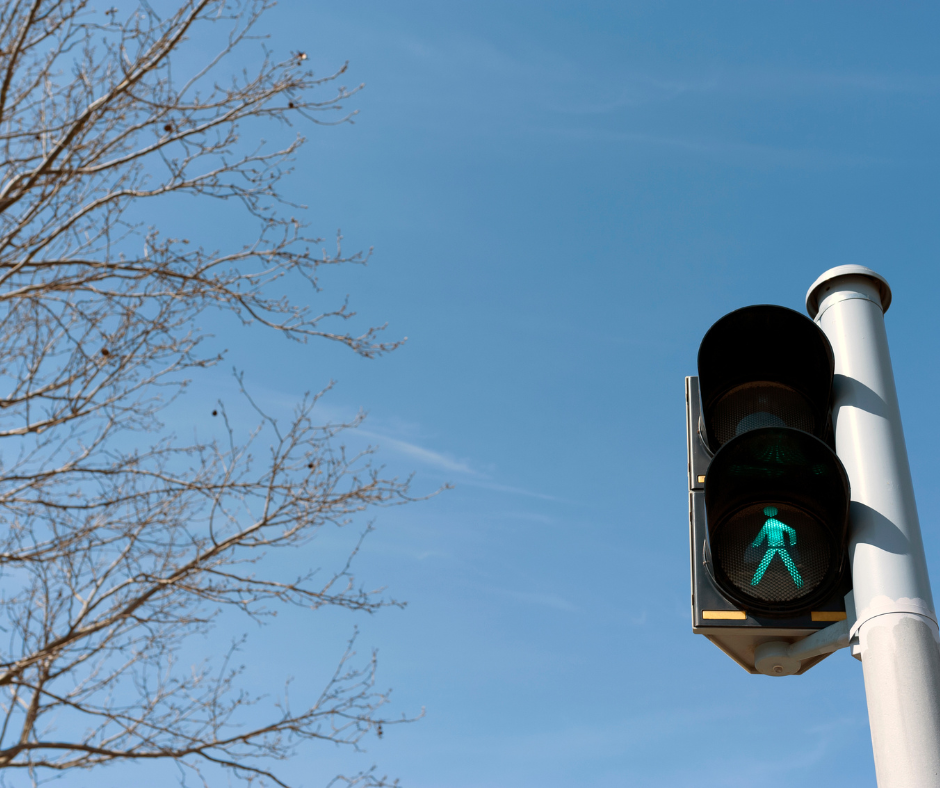Taxi shortage threatens staff safety
 The professional services sector employs 21.4% of workers in the UK, the highest percentage within any single occupation
The professional services sector employs 21.4% of workers in the UK, the highest percentage within any single occupation
This includes legal services, of which the UK has one of the largest industries in the world. With a reputation for long days and late working hours, personal safety is an increasing concern and a Peoplesafe survey revealed that 44% of organisations reported incidents related to personal safety in the last year alone. This issue is being further compounded by a national shortage of taxis – limiting safe travel options and hindering the ability for employees to get home safely – especially late at night.
Post Covid, the Licensed Private Car Hire Association (LPHCA) estimates that the UK’s taxi and private hire industry is suffering a shortfall of 160,000 drivers – down from the 300,000-strong workforce pre-pandemic. With demand for taxis plummeting through lockdown, thousands of drivers were forced to quit the industry to work for the likes of Amazon, and recruiting efforts have since been hampered by licensing delays.
A quarter of Professional Services employees report feeling unsafe travelling home after working late, rising to 1 in 3 for women and, with 24-hour tube lines restricted to peak days – and only available to London workers at that – these concerns are being further fuelled by a shortage of alternative travel options. For many employees, personal safety is an everyday worry, with 25% reporting experiencing threatening incidents – be it late at night, on the daily commute, travelling for business, or interacting with the public.
Read more on the HSM website.
Why have extra seconds been added to the green man when crossing the road?
 Apparently as a nation we are less fit than we once were. So much so, in fact, that we need more time to get from one side of the road to the other.
Apparently as a nation we are less fit than we once were. So much so, in fact, that we need more time to get from one side of the road to the other.
Right now, Brits have 6.1 seconds to cross both lanes of a road, at an average pace of 1.2 metres a second. But those guidelines were created in the 1950, back when the country was adapting to a rapid rise in motor. Since then, the UK population has changed a hell of a lot and, it seems, become a lot slower.
The Department of Transport has issued new guidelines that will bring the crossing time at traffic lights up to 7.3 seconds, meaning a pace of one metre per second. This means that the green figure will light up for 20 percent longer.
It is hoped that the increase will benefit elderly and disabled pedestrians as well as encourage more people to walk and help meet government targets intended to foster ‘lifestyle changes that keep us more active and fit’. Research by University College London found that 76 percent of men and 85 percent of women aged 65 and older were unable to use crossings safely because their walking speed was slower than 1.2m per second.
For more on the guidelines, visit the Timeout website.
Company fined for failing to protect workers
 A manufacturing company has been fined after failing to protect two of its workers from exposure to vibration.
A manufacturing company has been fined after failing to protect two of its workers from exposure to vibration.
The two staff members at Ross & Catherall Limited – a company that manufactures and supplies metal bars for the aerospace and automotive industries – worked at the firm’s Forge Lane site in Killamarsh, Sheffield, South Yorkshire, in 2019.
The two employees carried out a variety of tasks, which included the use of vibrating tools, throughout the company’s manufacturing process.
Both operators used these tools for extended periods of time, over a number of years, without adequate systems in place to control their exposure to vibration.
Hand-arm vibration comes from the use of hand-held power tools and can lead to hand-arm vibration syndrome (HAVS). HAVS can lead to the loss of strength in the hands as well as tingling and numbness in the fingers – both of which can affect the ability to do work safely.
Learn more on the HSM website.
Companies fined more than £400,000 after hospital staff violently attacked by patients
 Two companies have been fined a combined total of more than £400,000 after staff working at a South Wales mental health hospital were subjected to violent attacks by patients over a three year period.
Two companies have been fined a combined total of more than £400,000 after staff working at a South Wales mental health hospital were subjected to violent attacks by patients over a three year period.
Parkcare Homes (No.2) Limited and Priory Central Services Limited, both part of The Priory Group, pleaded guilty after failing to manage risks to care staff and patients from violence and aggression.
Cardiff Magistrates Court heard that Priory Hospital in Aberdare – a facility owned by Parkcare Homes (No.2) Limited – was a specialised institution for people with complex mental health, behavioural and learning issues. At any one time, there were up to 12 in-patients being cared for by the staff.
Over a three year period between 2014 and 2017, there were incidents of violence and aggression towards both care staff and patients, resulting in serious injuries, including loss of consciousness and permanent scarring.
Due to the frequency and severity of incidents, concerns were formally raised by senior management of the hospital in November 2016 to Priory Central Services Limited, which was responsible for the provision of training and equipment and the employment of staff at Aberdare. Priory Central Services Limited failed to take prompt and appropriate action to rectify the deficiencies and incidents were allowed to continue.
Read more about the incident on the SHP website.
To keep up to date with the latest health & safety news and advice, follow us on social media:
